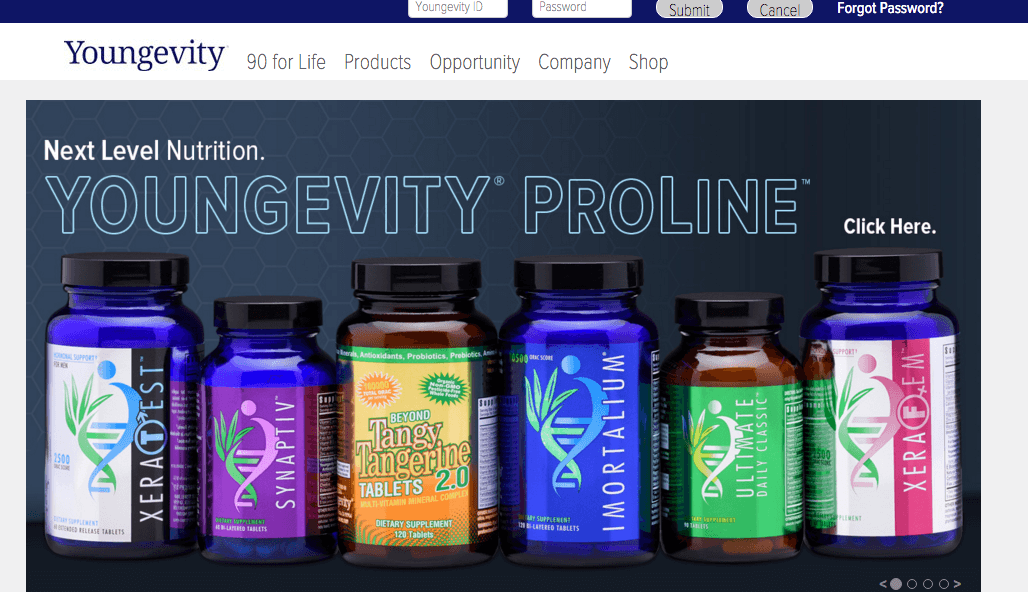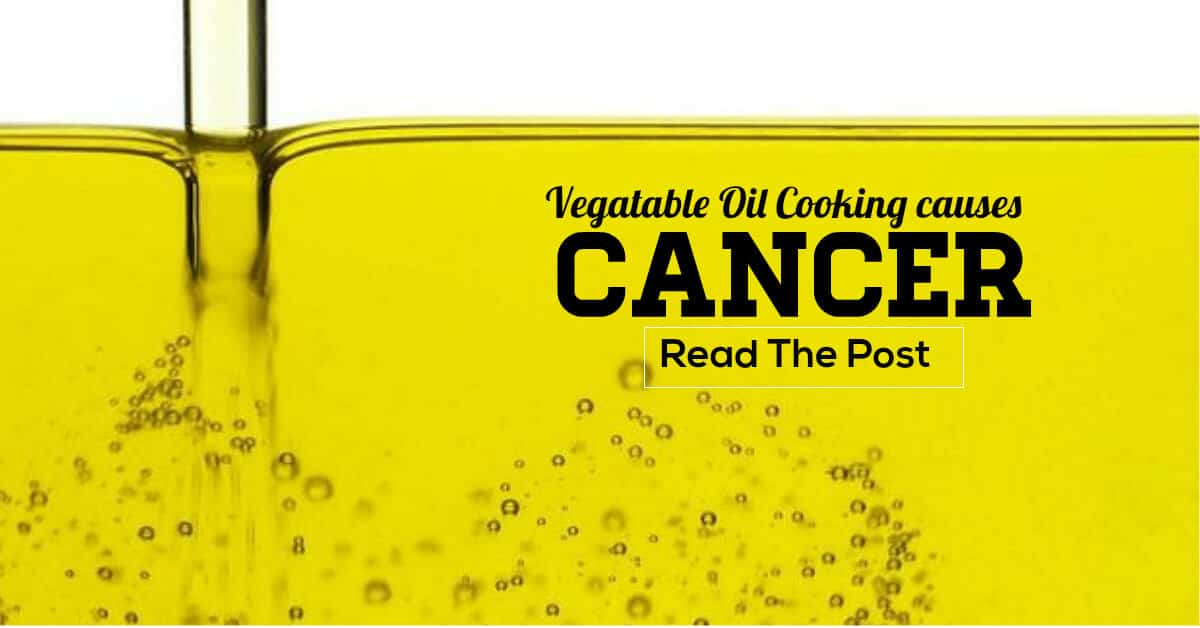For years there has been a disconnect in the mainstream media between what people eat and the state of their health. People continuously hit the fast food drive-thru, even after battling life threatening diseases. Why? Because they aren’t advised that their diet is the cause. They don’t understand the importance of proper nutrition.
The mainstream media and their high-paying pharmaceutical sponsors make it seem like getting a disease is random, striking individuals without warning. In this way of thinking, individuals begin to seem like defenseless victims. They can become scared and lose touch with their mind and bodies. They begin lining up for regular medical checks and injections.
Sometimes, fear-stricken patients wind up submitting to barbaric medical practices like a mastectomy or hysterectomy. Yes, physicians sometimes encourage people to prevent cancer by cutting off and gutting out their healthy body parts.
In the middle of all the worry, disinformation and unneeded surgery, independent media and health education websites like NaturalNews and the Weston A. Rate Foundation stand out, reminding the world that the disease process begins within the body and is linked to the under-utilization of important nutrients. It’s a nutrient-depleted, acidic internal environment that permits illness to hold. Processed foods are understood to deplete the useful microorganisms in the gut, harming the body’s ability to defend itself against infection. Understanding these concepts puts individuals back in charge of their own health rather than inciting a fear of the world around them.
The mainstream media is now finally confessing that the nutrient-void western diet is at the helm of unhealthy bodies. These diet plans, which consist mainly of refined sugars, saturated fats, and processed foods, eventually ruin the gut microorganisms that regulate the body immune system.
Mainstream media confesses that Western diet plans put people in a state of disease.
The truth can not be overlooked any longer. CNN is now coming out and admitting that Western diet plans are a main reason for disease conditions. Ian Myles from the U.S. National Institute of Allergy and Infectious Illness describes a Western diet as “overconsumption of over-refined sugars, extremely processed and saturated fats, animal protein and a minimized intake of plant-based fibers.”.
As urbanization takes hold of the population, there is less physical activity and a higher acceptance of the sweet and oily Western diet. David Tilman, a teacher of Ecology at the University of Minnesota, states, “Individuals around the world, as earnings go up, choose more calories and meat in their diet plan.” He says that there is a “nutrition transition occurring around the globe.” These high-calorie diets offer a feeling of satisfaction while quietly stifling the quality of an individuals’ life.
“We have an entire new group of people who are malnourished since they consume foods that are no good for them, that have no nutritional benefit,” says Tilman.
A western diet increases the threat of infection.
The majority of the time, the mainstream media blames disease on under-vaccinated populations, although the first measles death in the past ten years happened in a vaccinated individual.
As the truth ends up being hard to bear, the mainstream media is beginning to cough it up, lastly exposing how the Western diet plan puts the body in a state of disease. Contagious disease professional Ian Myles states that extremely processed and refined foods of the Western diet plan put the body in a perpetual state of disease. “It tosses your immune system off kilter,” he states.
Jeremy Nicholson, the head of the department of surgical treatment and cancer at Imperial College London, says that helpful digestive tract microorganisms play an essential role in regulating the body immune system. These protective germs types can be pushed out of the body by processed foods. When the good microorganisms are removed, the bad ones take control, making a person more prone to infection.
Processed food ingredients like fructose and palmitic acid likewise confuse the body. The body might even acknowledge these ingredients as a bacterial infection. Bewildered, the body introduces an immune system attack against the food components, eventually causing inflammation. This confusion and swelling within the body weakens the immune system when fighting against the actual pathogens that an individual may have to face in the future.
“It throws off the way your body responds … and by the time you recognize it, it will have gotten worse,” states Myles.
On top of all that, this swelling can damage surrounding cells, causing them to reproduce much faster. This enhances the possibility of mutation in the genes, heightening the threat of cancer in the body. Men who consume a Western diet are two and half times most likely to pass away from prostate cancer. Researchers likewise reveal that environmental changes in gut flora triggered by processed foods put people at threat of colon cancer.
All in all, authorities are finally recognizing what many have seen as common sense for years. What you eat affects the health state you are in and eating the wrong foods will cause issues which can eventually lead to disease. The vitamins and minerals you consume, allow your body to function normally. Without them, there will be deficiencies and body functioning will be affected.
If you struggle to get all of the nutrients you need in your daily diet, you can make sure you do with a supplement. Youngevity offers a wide selection of supplements you can choose from that are packed with everything you need to enable your body to function at its full potential.











